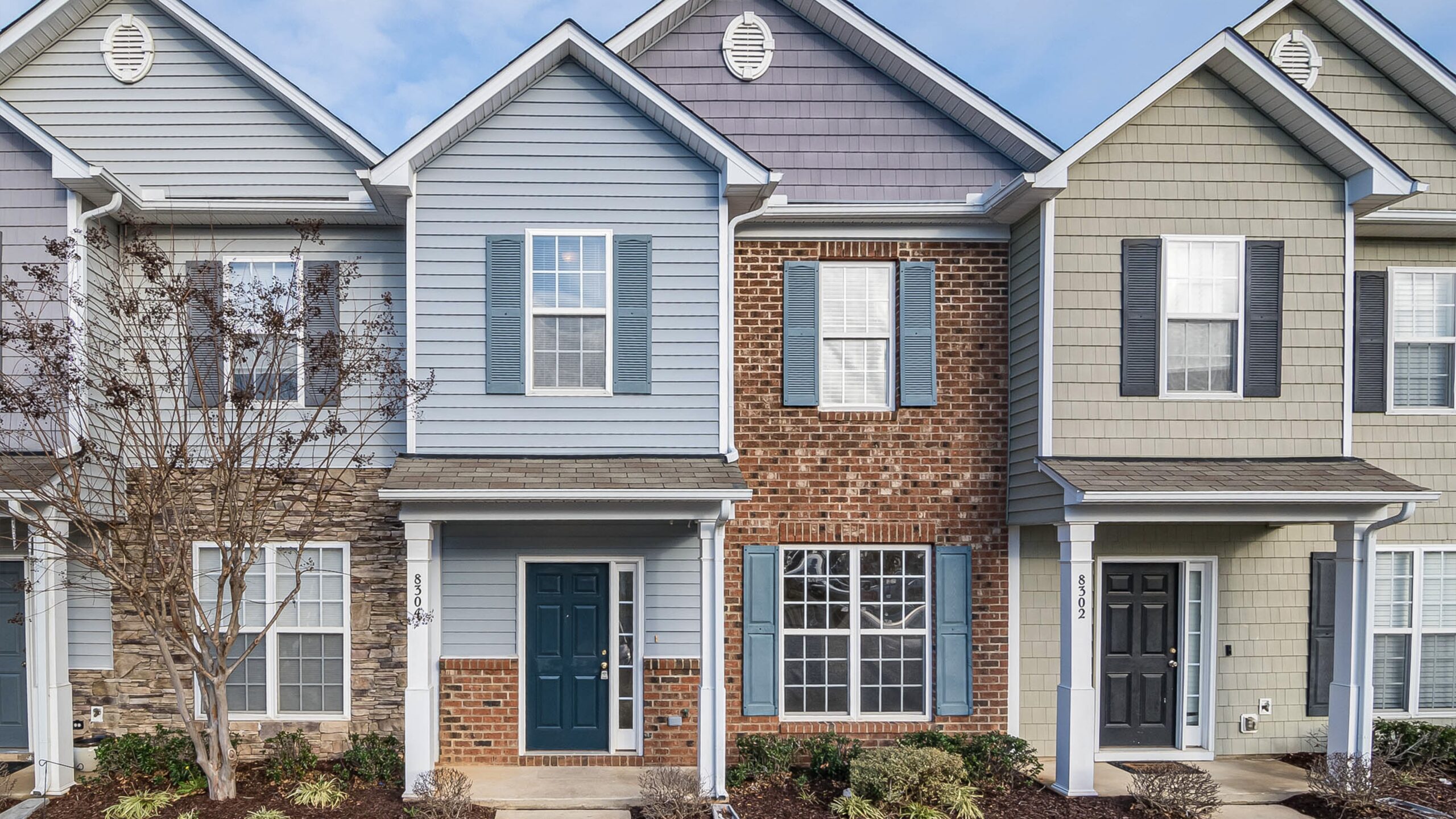The province has pledged to build 1.5 million homes, but the plan is all muscle and no brains.
According to the More Homes Built Faster Act, 2022, called Bill 23, multiplex units would be exempt from development charges and parkland dedication fees.
The City of Toronto reported in November 2022 that it could lose $230 million annually in revenue.
“This would negatively impact the City’s ability to provide the services necessary to support growth over the long term,” the report said.
The report also said Ontario has a responsibility to give Toronto the money for the infrastructure to create new homes.
I agree.
It’s hypocritical to promise to solve the housing crisis and then cut a critical means from municipalities being able to do so.
Without the province making up the money, Toronto will be unable to provide services and investments critical to short-term growth, nor have housing programs to grow supply, meet the needs of residents, nor plan for complete communities, the report said.
And since, as NDP GTA Issues critic Bhutila Karpoche told me in March, there’s nothing in Bill 23 stipulating the income developers get from slashed fees be passed onto homebuyers.
As such, there is no guarantee that the cost of any housing built will be lower for the consumer.
Peel Region also highlighted in a December 2022 report that “Bill 23 will not lead to a material improvement in affordability outcomes for the residents of Peel and will directly threaten the Region’s Housing Master Plan.”
This plan pledged 5,650 more affordable rental units including 226 supportive ones, as well as 60 emergency shelter beds in Peel by 2034.
Since Bill 23 cuts housing as an eligible service under amendments made to the Planning Act and the Development Charges Act to reduce municipal development-related charges.
Housing Master Plan projects backed by that act are at risk, which could cost the region 943 units.
The Peel report said even if the province achieves its housing targets, the increased affordability would only apply to its higher-income residents. The new housing would not have much of an effect on lower-income people.
Also, Bill 23 defines an “affordable” residential unit as one having a rent no more than 80 per cent of the average market rent. This does not take into account individual income levels, which, as the County of Brant pointed out, could make affordable housing more difficult to find for lower income levels.
In short, Bill 23 helps the rich and doesn’t do squat for those with lower income levels.

